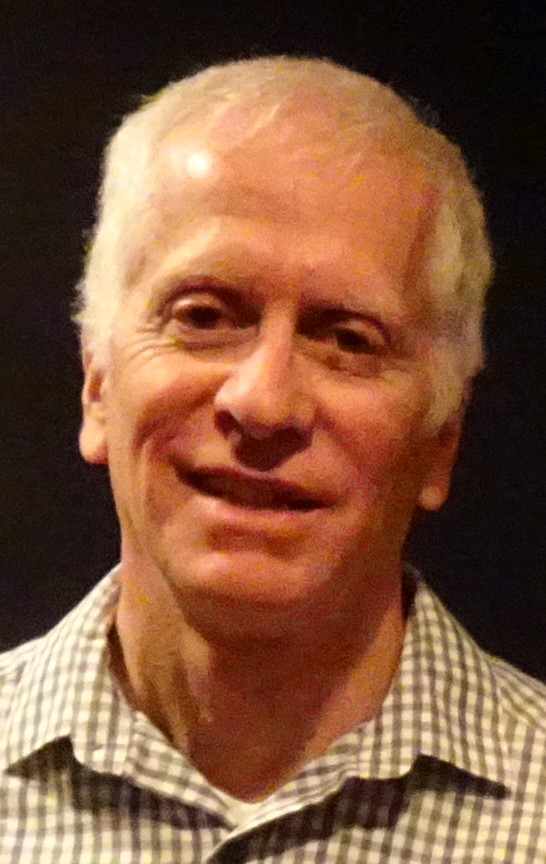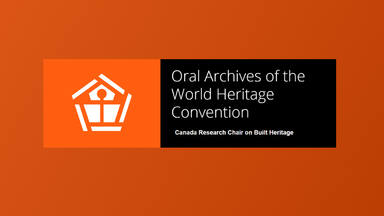
Interview
Stephen Morris
World Heritage Convention
tephen Morris has been Head of the Office of International Affairs at the United States National Park Service (NPS) since 2004. He holds a Bachelor of Liberal Arts from Oberlin College and a Masters in Urban Planning with a specialization in historical preservation from George Washington University.
He has held various positions with the NPS in the past 30 years, having started his career as a specialist in historical preservation at the National Register of Historic Places. He also managed the NPS Rivers, Trails and Conservation Assistance program before becoming head of the World Heritage program in 2002. In 2011, he was guest editor for the 28th volume of the George Wright Forum, in which we can read his article "Linking NPS to the World: The Role of the National Park Service Office of International Affairs," co-written with Jonathan Putnam.
As coordinator of the World Heritage program at the Office of International Affairs, he provides technical expertise for the American delegation to the World Heritage Convention. In this capacity, he served on the World Heritage Committee from 2005 to 2009 and attended almost all meetings of the Committee from 2003 to the present. His office also coordinates nominations for American sites to the World Heritage List and provides advice on official United States policy for World Heritage.
Interview with
Stephen Morris
24 April 2019, Springfield, United States of America
The following audio clips are from an interview with Stephen Morris by Christina Cameron on 24 April 2019 in Springfield, Virginia. Stephen Morris applauds the awareness of the endangered places that the popularity of the Convention is raising, but deplores the lack of funding for the conservation of World Heritage sites. He is also concerned about the repercussions of the exponential growth of inscriptions on the credibility of the World Heritage List and on the work of the advisory bodies and the World Heritage Centre.
- 1. The World Heritage Convention
- 1a. Involvement of Stephen Morris in World Heritage
- 1b. Key objectives of the World Heritage Convention
- 1c. Reform program at Cairns
- 1d. Decisions that influenced the implementation of the Convention
- 1e. Successes and failures of the Convention
- 2. World Heritage Committee and the General Assembly of States Parties
- 3. Performance of advisory bodies : ICOMOS
- 4. World Heritage Centre
- 5. Involvement of States Parties
- 6. Intentional destruction of World Heritage
- 7. Role of civil society
Oral Archives of the
World Heritage Convention
Under the leadership of the Canada Research Chair on Built Heritage at the University of Montreal, an international team of researchers conducts interviews with pioneers of World Heritage to capture memories of important moments in the history of UNESCO Convention.
Launched in 2006, this initiative is part of the UNESCO History project that celebrated the 60th anniversary of the creation of UNESCO. The Oral Archives project records the precious witness of people closely associated with the creation and implementation of the Convention. Their recollections and views have greatly enriched the book by Christina Cameron and Mechtild Rössler, Many Voices, One Vision: The Early Years of the World Heritage Convention (Ashgate/Routledge, 2013).
